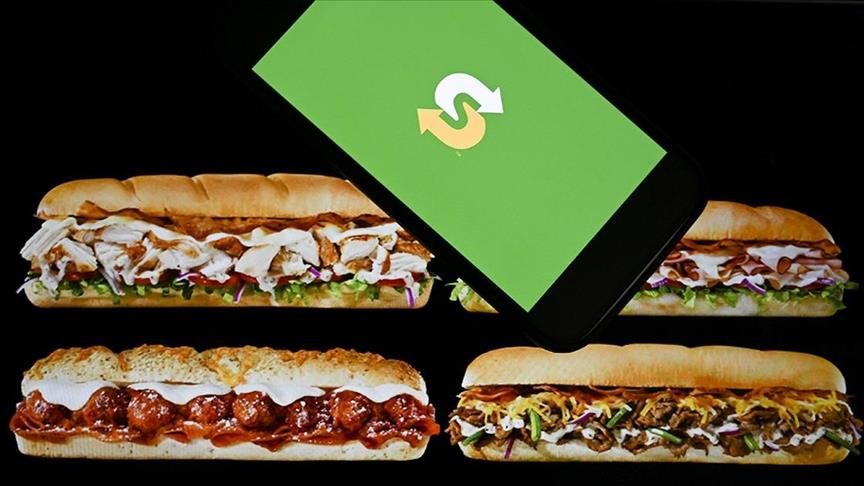Consider the idea that your local Subway sandwich shop, where you grab a foot-long turkey sub or a veggie delight, might be financing war. In an unusual development, Ukraine’s top anti-corruption body, the National Agency on Corruption Prevention (NAZK), added the American multinational fast-food conglomerate Subway to its list of “international sponsors of war.” Why? Because while many international companies have cut or scaled back ties with Russia following its invasion of Ukraine, Subway continues to maintain a robust presence, with more than 500 restaurants operating unhindered on Russian soil.
The Ukrainian government has added the American chain Subway to the list of "international war sponsors"
The reason for this decision was the operation of 550 restaurants owned by Subway in Russia. pic.twitter.com/Iu6FuBo54R
— NEXTA (@nexta_tv) January 10, 2024
Announced on Wednesday, the NAZK statement conveyed the graveness of the situation, alleging that Subway’s operations in Russia were indirectly contributing to Russia’s war machine. As per the report, these outlets pay “hundreds of thousands of dollars” in taxes to the Russian government, funds that have the potential to finance the ongoing conflict in Ukraine.
Subway’s ties aren’t limited to brick-and-mortar stores either. In a digital age where marketers spare no platform, Subway’s promiscuous advertisement over Russia’s sanctioned social networks and food delivery through Yandex, a Russian technology company known for its cooperation with the state and law enforcement, also raise eyebrows. However, while this might be common business practice to an otherwise oblivious observer, through the lens of NAZK, it seems like complicit collaboration with the aggressor state.
NAZK’s statement ventured further, criticising Subway’s inconsistency in its purported concern for consumer health while being seemingly indifferent to the lives affected by the war financed by its Russian operations. “Subway actively advertises its activities…,” it reads, “the company claims to be concerned about the health of consumers, but continues to work in Russia, financing the murders of Ukrainians.”
In the backdrop of war, the thought carries a tinge of absurdity, a sandwich fueling artillery. But it also underpins the uncomfortable reality of the modern world, where everything is intertwined, and entities are seldom as detached as they might seem.
The NAZK statement underscored another disturbing reality; the glaring silence of Subway’s management on the ongoing conflict: “The company has not diminished its operations in the country since the start of the Russia-Ukraine war,” the statement read. It went on to mention that Subway’s management made no attempts to openly criticize Russia’s aggressive act, a move that has been widely embraced by numerous companies across various sectors.
Since the onset of Russia’s “special military operation” in Ukraine, many multinational corporations have taken public stands against the aggression. Companies across sectors, from automotive to tech and entertainment, has distanced themselves from Russia, scaling back or even completely ceasing operations. These decisions are not just driven by public sentiment but by a sense of corporate responsibility for global peace.
In this checkerboard of economic sanctions and geopolitical chess moves, entities like Ukraine’s corruption prevention agency are pulling no punches in pointing out those they deem complicit, willing or not, in a war that continues to spiral into a humanitarian crisis. Whether it prompts Subway or others to reevaluate their operations remains to be seen. It does, however, underscore the push for transparency in an era where geopolitics extends far beyond the battlefield.
In conclusion, the NAZK’s declaration serves as a poignant reminder of the wide-ranging implications of war and the interconnected tapestry of our global economy. While Subway’s continued operations in Russia add to the ongoing controversy surrounding multinational companies in war-torn regions, it triggers a broader discussion about the role and responsibility of global corporations in times of conflict. The NAZK’s allegations may serve as a wake-up call for many corporations to think deeply about their strategic operations and ethical considerations therein. In a world where sandwiches and shells brush against each other, perhaps it’s high time multinational corporations take a sterner look at their geographic portfolios, ensuring that their operations align with their core values and the larger specter of peace and human solidarity.



